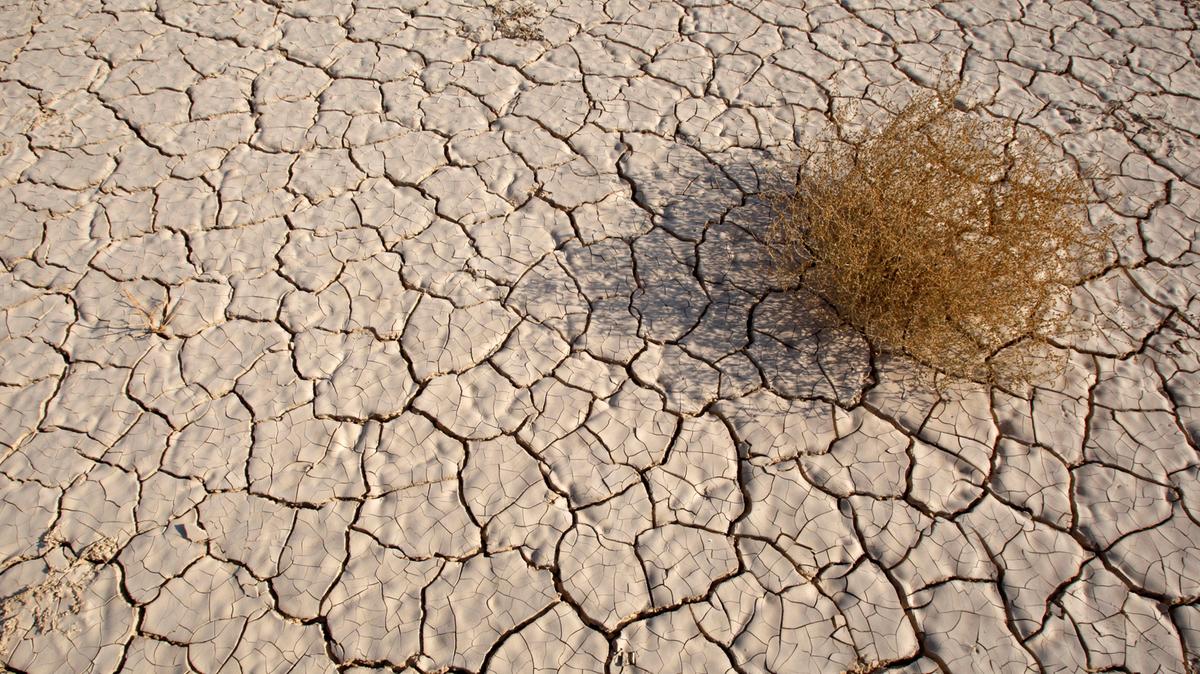
This was disclosed by the Khyber-Pakhtunkhwa (K-P) Forest Department Chief Conservator Niaz Ali Khan. He told APP on Sunday that the province’s range management policy, “REDD+” (Reducing Emissions from Deforestation and Degradation) strategy and Green Growth Initiative (GGI) were formulated and implemented in the province to deal with challenges of desertification, land degradation and drought in the province (DLDD).
The inclusive policy, he said, was specifically designed to protect the fertile soil and agricultural land from further erosion and degradation. To counter DLDD in K-P, he said that the Billion Trees Tsunami afforestation project (BTTAP) had been launched in 2014 to increase forest cover.
Under the project, he said that more than 1.208 billion plants had been planted over 230,000 hectares, besides the establishment of 4,509 forest enclosures, increasing K-P’s forest cover to 26.3%in 2018 from 20.3% in 2013, a record six per cent increase.
The chief forest conservator said that they were working to enhance forest cover in the province to as much as 30% by 2023 after completing the 10 billion tree project under which an additional billion trees will be planted in the province, including in the erstwhile federally administered tribal areas (Fata).
For the newly-merged tribal districts, Niaz said that they have set a target of planting over 215,000 hectares however, 10,000 of these hectares are saline and waterlogged, a further 1,200 hectares is on marginalized lands, 900 hectares avenue plantations, 6,760 hectares dry plantation and 3,200 hectares wood lots.
Niaz added that they were also tracking forest growth and change of direction through satellites with the help of images produced by the Space and Upper Atmosphere Research Commission (SUPARCO), assessing some 1,496 enclosures and 2,069 afforestation sites under BTTAP, reflecting a positive change of 60.13% and 70.81% respectively.
Citing the findings of the national space agency, he said that all propaganda and rumours spread against the programme by a certain quarter should stop.
Meanwhile, the federal government has launched a Sustainable Land Management Project (SLMP) through the Climate Change Ministry, while the provincial government was being financially assisted by the UNDP and Global Environment Facility (GEF) to combat DLDD in the country.
SLMP-II National Coordinator Hamid Marwat said that the first phase of the project was launched in nine dry-land districts in all four provinces of the country in 2007 and continued it till 2014.
Published in The Express Tribune, September 16th, 2019.
1736930668-0/Untitled-design-(97)1736930668-0-405x300.webp)
1736931444-0/BeFunky-collage-(51)1736931444-0-165x106.webp)

1736929668-0/Untitled-design-(96)1736929668-0-165x106.webp)

1732012115-0/Untitled-design-(14)1732012115-0-270x192.webp)
1736844405-0/Express-Tribune-(2)1736844405-0-270x192.webp)










COMMENTS
Comments are moderated and generally will be posted if they are on-topic and not abusive.
For more information, please see our Comments FAQ